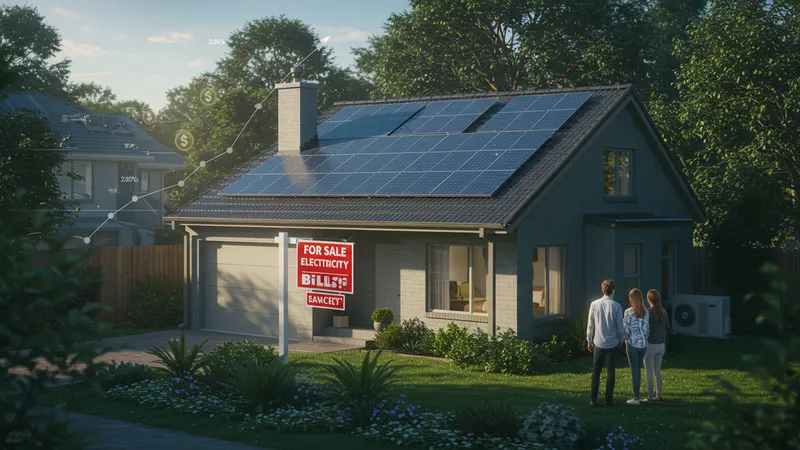
Do AC Systems With Solar Power Actually Work In The Mexican Heat?
Hidden Costs Turned Into Hidden Savings
While upfront costs of solar AC systems may appear steep, the long-term savings are where they shine. Financial analyses report substantial reductions in electricity bills, effectively turning high initial investments into net savings over time. Tax incentives and subsidies further sweeten the deal, lowering the barrier for entry into solar. However, the complexity of financing requires savvy navigation—something often overlooked by new adopters. But portfolio models that incorporate energy savings reveal that these systems pay off much faster than critics suggest.

A pivotal aspect that’s frequently undervalued is the impact on property value. Homes equipped with solar AC systems tend to command higher market prices, drawing eco-conscious buyers tempted by the promise of zero electricity bills. Wealth in the shade of greenery has become a reality, transforming how properties are valued. As more people tap into this potential, the real estate landscape continues to shift. But let’s delve deeper: the implications extend beyond simple economics, entwining with broader energy industry trends.
Energy grids benefit significantly from distributed generation inherent within solar systems. This decentralized power contribution helps alleviate strain during peak load times, fostering a more stable energy supply overall. Utility companies are exploring partnerships with homeowners to integrate solar ACs within wider energy management frameworks. These collaborations hint at a future where solar ACs are pivotal to a broader energy strategy. Yet, what’s often masked is the practicality of these systems when scaled across communities, potentially changing urban planning.
Imagine entire neighborhoods powered by collective solar AC technologies, seamlessly woven into the fabric of urban living spaces. As cities scale up solar integration, zoning laws and urban frameworks are subtly but decisively influenced. Local regulations are morphing to accommodate this solar push, paving paths to innovation that were previously unimaginable. It begs the question; could this be the tipping point for city governments to adopt solar AC universally? More surprising trends are emerging behind the scenes…